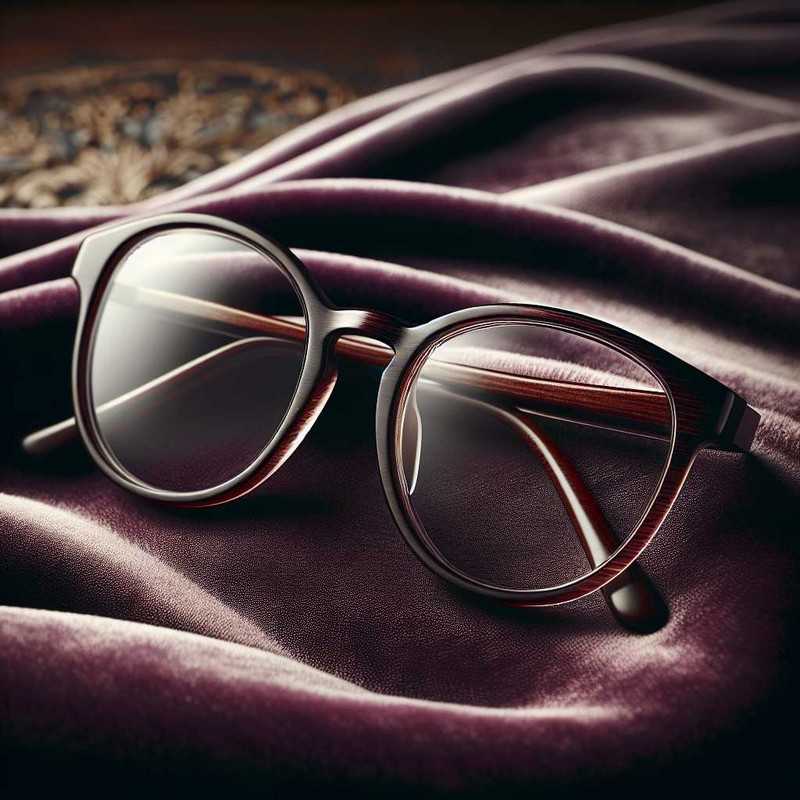- GlassesShop By FrameShop By StyleFeatured












- Why 40 is a milestone
- Physiological Changes Related to Vision
- What are reading glasses?
- How reading glasses work and their benefits
- Understanding the types of reading glasses
- Determine the degree of prescription
- Lens material selection
- Choose comfortable frames
- Reasonable price
1. Why turning 40 is a milestone
The answer is yes, no matter what you do, this special birthday brings many changes. One of the things you may notice is the gradual weakening of your eyesight.
2 Physical changes related to vision
Specifically, our eyes are constantly changing. Aging, hardening of the eyeballs, increased limitations of the natural adjustment mechanism, increased errors in device focusing and astigmatism, and decreased light-sensing ability of the retina all contribute to your vision not being as good as it used to be.

1. What are reading glasses?
Reading glasses, also known as reading glasses or presbyopia glasses, are specially designed glasses for people with presbyopia.
2. How reading glasses work and their advantages
Reading glasses work by increasing the focal length so that the light is better focused on the retina, improving vision and enabling people to see things nearer more clearly. Therefore, for people who have reached the aging stage, reading glasses can improve their vision to a certain extent.
1. Understanding the types of reading glasses
Presbyopia glasses are categorized into full-vision presbyopia glasses and half-vision presbyopia glasses, so choose the most suitable type according to your needs and habits.
2. Determine the degree of prescription
When choosing Presbyopia, we need to confirm the required prescription. Opticians usually provide professional eye measurement service, which is commonly known as "optometry". You can also use your vision chart at home, but this is not as accurate as an optician's test.
3. Lens material selection
The choice of lenses should take into account the context of use (e.g. whether you are outdoors a lot, whether you are in frequent contact with computers, etc.) and the comfort level of the glasses. Common types of lenses include PC lenses, resin lenses, and glass lenses. Each type of lens has its advantages and disadvantages and needs to be selected according to individual needs.
4. Choose comfortable frames
The material, style, and color of the frame should be based on personal aesthetics, comfort, and usage needs. There are four main types of frames: metal, plastic, wood, and plate, and each material has its characteristics.
5. Reasonable price
The price of lenses and frames varies greatly. A good pair of presbyopia takes into account visual needs, comfort, and personal aesthetics, but does not need to be very expensive.
Aging is a necessary part of life, and vision loss is just one part of it. However, that doesn't mean giving in to it. Turning 40 is an important milestone in life for everyone, and we should face change with a positive attitude and accept the adaptations that may be required.
1. Should anyone over 40 use reading glasses?
This depends on the individual's vision. If you have significant vision loss and have difficulty reading, using a computer or cell phone, you should consider using reading glasses.
2. How can I stop reading glasses after 40?
If you already wear prescription glasses or contact lenses to see clearly in the distance, these changes in your near vision can be corrected by switching to Fortunately, people with presbyopia now have many options to improve their vision. 3. Is it normal to need reading glasses after 40 years?
3. Is it normal to need reading glasses at 45?
This is extremely common in those aged between 41-60. It is completely normal, as we age; the eye's ability to focus becomes weaker. This is called Presbyopia and will continue to be so. This is completely normal, as we age; the eye's ability to focus becomes weaker. This is called Presbyopia and will continue to develop over time. The average reading glass age varies, but most people find they need it once they've hit middle age.
4. How to choose reading glasses?
When selecting reading glasses, consideration should be given to the comfort, model, and satisfaction of the frame, as well as the quality of the lenses.
5. Can reading glasses be used permanently?
As you age, your vision may continue to decline, and you may need to constantly replace lenses to adapt to the changes.

